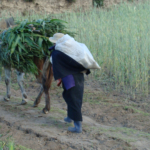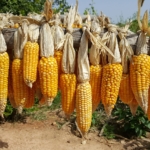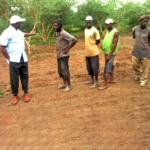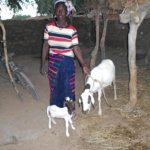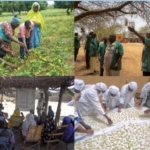


KIT
Niger
5/2015—5/2018
The Sahel is an environmentally sensitive region and climate variability and change are likely to worsen the situation. Formal agricultural research and development activities in the Sahel usually give only limited attention to farmer’s own innovations. The present project aims at strengthening and supporting farmer-led research networks in which smallholders lead joint experimentation for agroecological intensification (AEI) building on local knowledge and innovation. The project will be implemented in the Passore and Gnagna Province of Burkina Faso and in the Ségou and Mopti regions of Mali (all regions of less than 700 mm rainfall).The focus of the inception phase is to build the relevant partnerships for the project, initiate farmer-led research networks, clarify central concepts and approaches among all partners through capacity building linked to initial series of first pilot activities and jointly develop a well-founded design of the implementation phase. The project is led by the International Support Team of PROLINNOVA (Promoting local innovation in ecologically oriented agriculture and natural resource management) hosted by the Royal Tropical Institute (KIT) in the Netherlands, in collaboration with PROFEIS (Promoting farmer experimentation and innovation in the Sahel) in Bukrina Faso and Mali. In Burkina Faso, local partners include World Neighbors Burkina Faso, Diobass and Reseau MARP. In Mali, key partners are ADAF-Gallè, the Institute d’Economie Rurale (IER) and the farmer organization AOPP.
The overall project objectives are: To identify and analyze existing local innovations, improve and spread them through Participatory Innovation Development (PID) and Local Innovation Support Funds (LISF); To create and strengthen farmer-led research networks for taking the lead in PID and LISF management and related innovation activities; To gain deeper insights into the praxis of farmer-led research networks and spread and share lessons widely.

